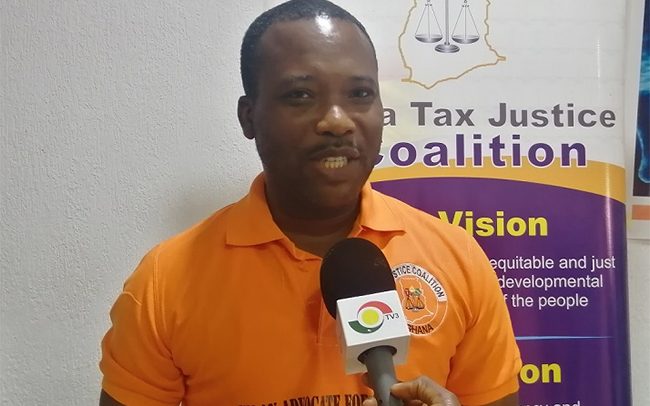Bernard Anaba
A new report by the Centre for Democratic Development (CDD-Ghana) has indicated that the promotion of the LGBTQI Bill will bring about adverse economic constraints on Ghana.
According to the report, the country’s existing economy or production systems are not only weak but heavily interlinked and reliant on the Western economic order, and, therefore the Bill could be a source of economic drag on Ghana’s aid basket.
It added that the country will lose significant goodwill, influence and diplomatic leverage.
Presenting the findings of the ‘Promotion of Proper Human Sexual Rights and Ghanaian Family Values Bill and its Impact on Ghana’s Economy’ in Accra, Bernard Anaba, Policy Analyst at ISODEC, said any Bill imposes financial cost to the State especially in its implementation.
He added that the Anti-LGBTQ law, when passed, would undoubtedly require logistics and personnel of special expertise and knowledge to administer the law and prosecute infractions.
“This requirement will impose immediate and direct financial cost to the State. The impact will constrain financial resources to the relevant agencies,” he said.
He further disclosed that the impact of criminalisation, apart from the generation of stigma, including reduced access to goods and services for LGBTQ persons and PLHIV who are afraid to seek such services for fear of sanctions, would become an obscure economic burden on families.
“It will have a backdoor burden on the health system too since control of the spread of unmitigated illnesses such as HIV will become difficult to monitor. This will lead to a huge black market of health needs and eventual adverse impact on the national economy,” he added.
Mr. Anaba said the Bill is going to be source of social disorder instead of order, and it would have repercussion and huge economic costs in terms of law enforcement, suspicion in communities, increased underground economy in health and social matters.
“Budgetary allocations must be escalated to take care of these additional bureaucracies and logistical needs to enforce the law. This would involve community policing where the public are going to be relied upon to initiate and be the vigilantes to enforce this Bill if it passed.
It would have economic impact in terms of time, social cohesion, suspicion, recriminations etc., in the Ghanaian population,” he explained.
Mr. Anaba said human rights are a dominant pillar in the foundation of the UN system and Ghana is unlikely to withstand the economic and diplomatic pressure that would result from the Bill.
The report recommended that proponents of the Bill should consider resolving all the contradictions and sources of conflict and tension with the UN system of Human Rights, which have a better chance of prevailing against this Bill in the long-run.
“Ghana has ratified many Global and Regional Covenants on Human Rights, we must take notice of our obligations before passing the anti-gay Rights Bill.
“The government may need to conduct a cost benefit analysis of this Bill to avoid the potential reputational, economic and diplomatic friction, already triggered and likely to result from the passage of the Bill into law,” he added.
The survey added that the passage of the Anti-LGBTQI+ Bill will throw government’s economic agenda out of gear.
The Proper Sexual Rights and Ghanaian Family Values Bill, in its current state, is seeking to criminalise the activities of homosexuals and ban any form of advocacy on it.
Experts are warning and predicting a grimmer outlook for Ghana’s economy should Parliament pass the Bill.
BY Jamila Akweley Okertchiri


